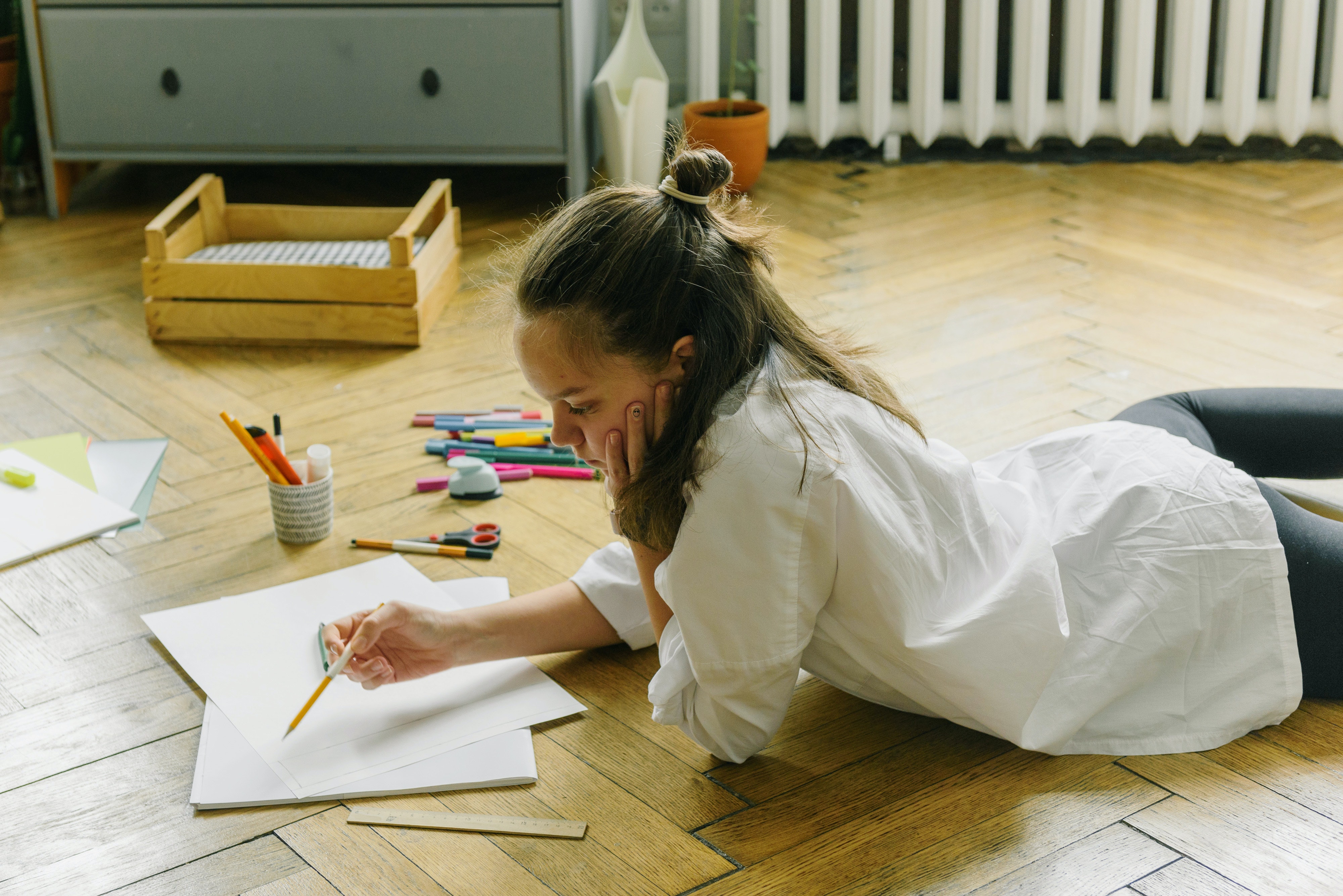The things that happen to us in childhood are responsible for many if not most of the attitudes, beliefs and expectations that we carry into our adult lives.
If we received adequate nurturing, validation and protection from our parents (and the other important adults) in our childhood, we’re more likely to grow up feeling confident, competent and empowered as adults.
If, on the other hand, we were given inadequate nurturing, validation or protection, or if we’ve been hurt, neglected or abused, we’re much more likely to grow up full of self-doubt, self-criticism, anxiety and depression, even addictions.
Children who know that they were loved, protected and validated are a lot more likely to grow up feeling like they can meet the challenges of life head-on.
They feel capable of coping with whatever life throws them and they rarely, if ever, feel overwhelmed.
Children who were constantly criticized, rejected, neglected or abused by the important adults in their lives become adults with low self-esteem and poor coping strategies.
Because of all the negativity thrown at them at an early age, they don’t feel empowered and they don’t have a lot of faith in their ability to handle the challenges life throws at them.
Interestingly, children who were over-protected and who never were allowed to practice their skills of coping with difficulties are going to grow up feeling just as overwhelmed and helpless as the group that was neglected or abused.
Parenting is a bit like the Goldilocks and the Three Bears fairy tale. Parents need to be not too cold – insensitive and hurtful, or too hot – overprotective and prone to doing too much for the child.
Parents need to be “just right,” which is to be loving without coddling and supportive without being overly controlling. “Just right” parents raise kids who feel empowered and confident in their adult lives.
Ideally, parents show their children love by setting a good example, being teachers and guides, setting clear limits and having high but not unreasonable expectations of their children.
What “just right” parents don’t do is allow their children to do whatever they want without consequences. They don’t let their children get away with any sort of bad behaviour and they don’t protect their children from the consequences of their actions.
These “just right” parents teach their children the value of hard work, sacrifice, and sustained effort over time. They teach their children to think and act for themselves and to become autonomous, self-directed adults who don’t shy away from a challenge.
Overly-protective (helicopter) parents want the best for their kids but by doing too much for them and sparing them any consequences of their mistakes, never enable their kids to develop resilience in the face of disappointment or adversity.
These kids don’t develop what psychologist and author Angela Duckworth calls, “grit,” or a “tendency to sustain interest in and effort toward very long-term goals.”
Parents who make everything too easy for their kids and never let them fall down and see that they can get up on their own are doing their kids a real disservice, as these kids are too soft and too easily overwhelmed by life’s difficulties and challenges.
It used to be that the children who struggled with abusive, neglectful or chaotic upbringings were the ones who felt the most overwhelmed and helpless as adults, but today, this group is almost being surpassed by the over-protected, overly spoiled kids raised by helicopter parents.
In an excellent 2012 New York Times article, entitled Raising Successful Children, psychotherapist Madeline Levine says that “hanging back and allowing children to make mistakes is one of the greatest challenges of parenting.”
Dr. Levine goes on to say that “to rush in too quickly, to shield (your children), to deprive them of … challenges is to deprive them of the tools they will need to handle the inevitable, difficult, challenging and sometimes devastating demands of life.”
In my recent article about the pitfalls of helicopter parenting, I describe how over-parenting is making it harder and harder for young people to cope in the workplace and how they face staggering rates of anxiety and depression.
The good intentions of helicopter parents are backfiring, creating overwhelmed young adults who can’t cope with the slightest challenge in their relationships or their careers.
The reason so many young people today are feeling helpless and overwhelmed is that their parents are crippling them with over-protection and over-involvement in their every activity.
As Dr. Levine stated in her article, “the happiest, most successful children have parents who do not do for them what they are capable of doing.” She adds that, “continued, unnecessary intervention makes your child feel bad about himself.”
If we want fewer young people walking around these days feeling overwhelmed and helpless, it’s not enough to address the serious problems of child neglect and abuse.
We also need to make sure that helicopter parents begin to back off and allow their children to learn from their mistakes, try challenging things on their own (even if they might fail), and face the consequences of their various actions.
Only then will these young people develop the resilience and grit that will enable them to tackle life’s toughest challenges with a confident attitude and a sense of real empowerment.
Sign up here for my free biweekly wellness newsletter that brings you fresh, thought-provoking content.
Subscribe to my YouTube Channel to watch my series Moving into Autumn with Good Self-Care, where you’ll learn simple tips for taking the best care of yourself and your loved ones this fall season.
Tune in to my Ruthless Compassion Podcast where I go in-depth about topics like mental health, trauma, and loneliness.


